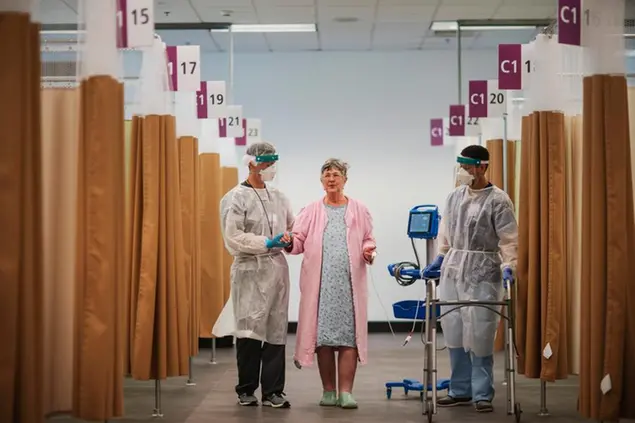- I danni più seri del Covid sono determinati non dal virus, ma dall’azione eccessiva del nostro stesso sistema immunitario che cerca di combatterlo.
- Ci sono farmaci che rallentano la replicazione del virus senza arrestarla del tutto; e ci sono medicinali che diminuiscono la super infiammazione del coronavirus senza poterla frenare del tutto, perché serve a combattere il virus.
- La verità è questa: al momento contro il virus non esiste cura efficace ma solo palliativi, e funziona solo la prevenzione, cioè il vaccino.
Tutti i farmaci che abbiamo contro il Covid e perché sono poco efficaci

12 gennaio 2022 • 16:02Aggiornato, 12 gennaio 2022 • 16:33